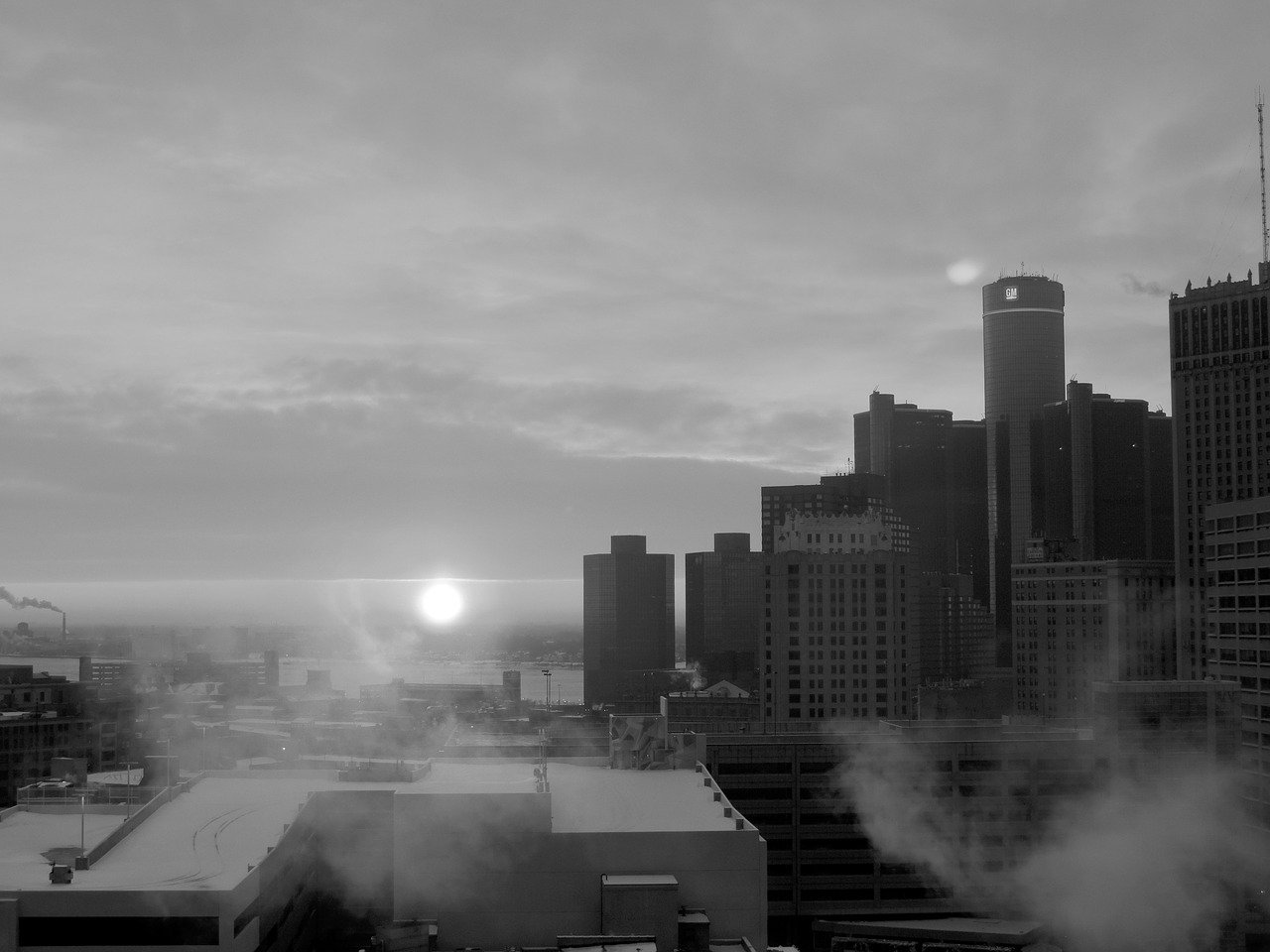U.S. Sociologist Paul Draus to Hold Lectures at VMU

On 2–4 October, VMU will host public lectures by sociologist and ethnographic researcher Paul Draus from the University of Michigan-Dearborn. The lectures are organized by VMU Dept. of Sociology (66 Jonavos g., Kaunas).
Paul Draus is a sociologist and ethnographic researcher in the Department of Behavioral Sciences at the University of Michigan-Dearborn. From 1992 until 2000, Draus was a public health field worker, specializing in tuberculosis control, first in New York City and then in Chicago. He earned his PhD from Loyola University Chicago in 2001 and used the dissertation research to prepare Consumed in the City: Observing Tuberculosis at Century’s End (Temple University Press, 2004). He has published extensively on health behaviors and social contexts related to substance abuse in both rural and urban areas. Draus’ most recent research focuses on the relationship between neighborhood landscape change and marginalized populations in Detroit.
Schedule of Lectures by Paul Draus
| 2 October, 2.15 p.m. – 3.45 p.m. Jonavos g. 66, Room 105 |
Lecture on culture and social policy in the course of Comparative Social Policy |
| 3 October, 11.15 a.m. – 12.45 p.m. Jonavos g. 66, Room 105 |
Lecture on drug policy for the in the course of Health Policy |
| 4 October, 10.00 a.m. – 11.00 a.m. Jonavos g. 66, Room 204 |
Meeting with PhD students and faculty |
| 4 October, 11.15 a.m. – 12.45 p.m. Jonavos g. 66, Room 208 |
Lecture “Design as a Solution to Exclusion: Case Studies from Detroit, USA” in the course of Social Exclusion and Inequality” |
About lecture “Design as a Solution to Exclusion: Case Studies from Detroit, USA”
Throughout the history of cities, design has been used to address social inequality, while also often reinforcing it. In American cities, the design of parks, housing projects and highways have all been viewed variously as ways to reduce poverty or as a means to isolate poor people. This conflicted legacy is contrasted with a current focus on “inclusive design” that emphasizes accessibility for all categories of people. This presentation examines the tension between social exclusion and design through the lens of two place-based projects in contemporary Detroit; one located in a rapidly gentrifying area, the other in a heavily industrialized region of the city. One project seeks to honor the legacy of the 1932 Hunger March, a seminal but nearly forgotten event in the city’s labor history, while the other seeks to demonstrate the potential of Upcycling and Green Energy to generate more inclusive local economies. These examples will be discussed in the context of enduring and emerging questions around issues of segregation, environmental racism, gentrification and equity in Detroit’s latest phase of redevelopment.













